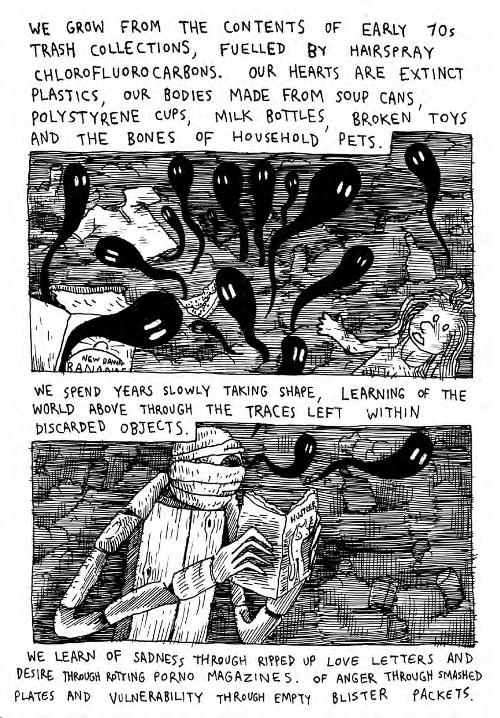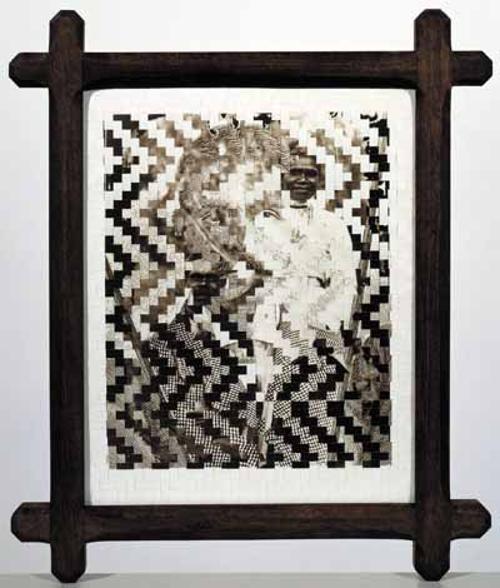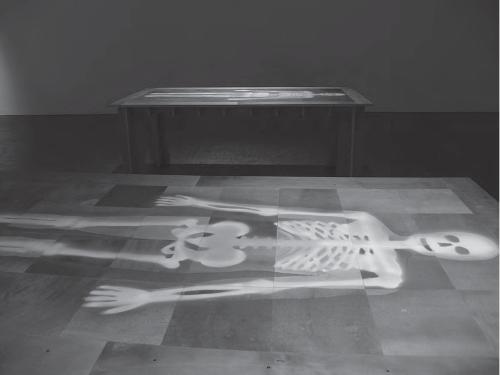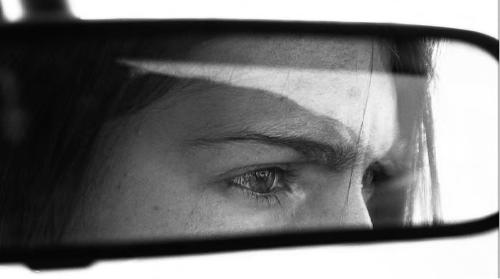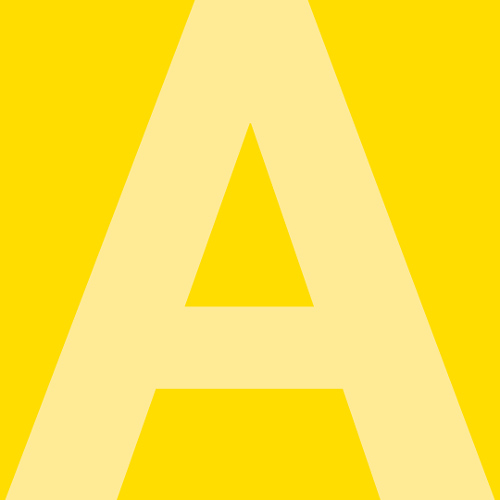
Showcasing contemporary photography concerns to world standard with plentiful opportunities to encounter visiting and resident photo creators; a busy companion program of floor talks, workshops, screenings, portfolio reviews and discussion panels, all enthusiastically supported by a grassroots volunteer base, continue to be FotoFreo's trademark strengths in the month-long, biennial festival’s fifth manifestation since 2002.
Presented mostly in mainstream and institutional venues across Perth, twenty-five core exhibitions formed the festival’s centre piece with almost half the shows located outside of the heartland Fremantle.
Two local social history projects by deft and much acclaimed mid-career photographers Brad Rimmer and David Dare Parker revealed the multi-layered implications of changing times for West Australian inhabitants. Both exhibitions have been published as books.
An uneasy silence hangs over Brad Rimmer’s series shown as a grid of square, medium-format images, but the photographs speak volumes about the wheatbelt communities where Rimmer once belonged. Aged nineteen, he became one of those who went away. 'Silence - The West Australian Wheatbelt' is his homecoming.
In close proximity portraits, country adolescents, already seeming alien in their environment, look directly into Rimmer’s lens, connecting with him in the shared knowledge of awkward, bottled-up silences and the inevitable exodus forced by the changing dynamics of rural communities in decline. The series is a deeply personal, emotional journey shot over five years, although a lifetime in the making, an autobiography from one who was once connected by shared culture and experiences, but is now an outsider looking in. Skillfully using metaphor, themes of abandonment, loneliness, isolation, identity and transience suffuse the work as Rimmer thoughtfully considers what’s repressed, what’s left unsaid and the hidden secrets that haunt country towns by illuminating his subjects in the glow of golden hour light at daybreak or sunset when the shadows fall hard. Clean, ordered interior spaces – a hotel pool table, the Tammin Town Hall and Goomalling Farmers’ Club recreational rooms – are shown deserted as silent, empty shells where once life thrived; and his landscapes feature scars of car culture, neglected relics from better times and a dirt road heading towards the horizon, destination unknown.
There’s a commemorative, reverent silence to David Dare Parker’s 'The Clubs', fittingly installed in the musty, disused lounge bar of the defunct Fremantle Club. The exhibition was commissioned by FotoFreo in response to the demise of the once popular local social and workers’ clubs. The Clubs is a sensitively handled, insightful document of communities and ordinary lives in unsustainable circumstances by an experienced photojournalist with finely honed skills for seeing the telling moments that resonate deeper backstories. Capturing the spirit of six clubs – a Melbourne Cup Day ladies lunch, two-up, a barmaid’s wink, couples close dancing and blokes yarning at the bar – 'The Clubs' forms a kaleidoscope of camaraderie and everyday, classic club moments. Dare Parker surrounds this affectionate composite with straightforward black and white portraits highlighting individuals as the pillarstones of these communities. Standing sentinel, they guard cherished memories of treasured times in a now silent social space that’s reached its use-by-date.
Another kind of social history is explored in Rebecca Dagnall’s 'Paradise Lost', (noteworthy amongst the ever-expanding, unwieldy adjunct to the festival proper that is the FotoFreo Fringe Festival, with another ninety exhibitions on offer). Investigating the flipside of her usual golden-lit, Eden-like, Heidelberg School inspired landscapes of suburban Perth’s bush, Dagnall made idealistic natural settings dark and apocalyptic by recalling the shadowy iconography used in heavy metal album covers. Head-banging figures stand solo in charred bushfire remains, rocking out, playing air guitar, blurred in the spotlight of a golden sunset at the moment before darkness. Dagnall’s images question belonging and what is typical and strange in the Australian landscape by setting illusion against the real to create other-worldliness. Spiders, skulls and evil beasts lurk menacingly, concealed in the scenery while back turned, a black t-shirted male urinates, marking his territory, a small figure apparently lost in the expansive wilderness (as was this exhibition in crowded Fringe programming).




